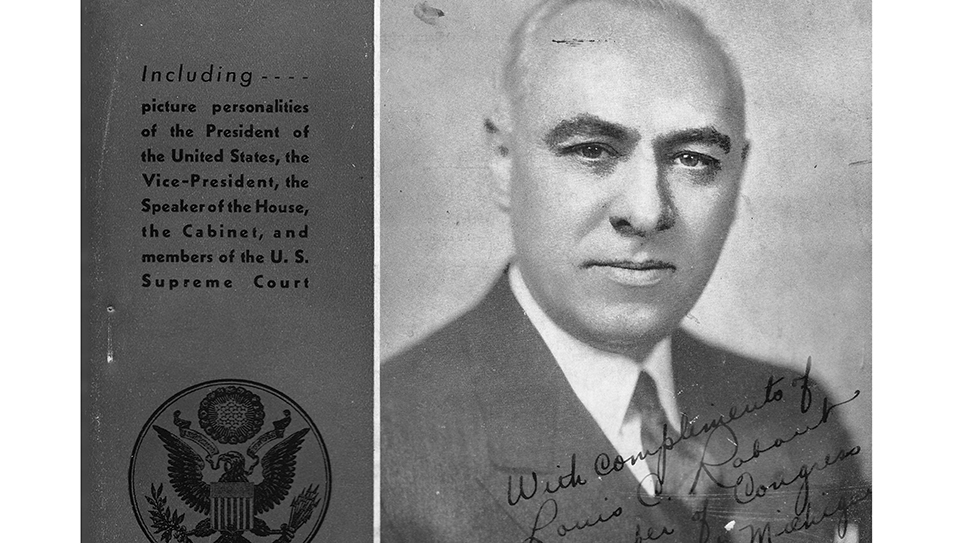What is a Motion in Limine?
By Jedidah McKeehan
You may have seen a courtroom scene in a movie or TV show where a lawyer suddenly yells, “Objection!” and the judge responds with, “Sustained!” or “Overruled!” While those moments make for good drama, a lot of what determines what evidence is allowed at trial actually happens before the trial even begins. One of the main tools lawyers use to handle this is called a motion in limine.
A motion in limine (pronounced lim-in-ee) is a legal request made to the judge before a trial starts, asking the judge to decide ahead of time whether certain evidence can or cannot be mentioned in front of the jury. The goal is to prevent the jury from ever hearing something that could unfairly influence them—something that, even if objected to later, might still leave an impression.
These motions often involve issues like: keeping out evidence about someone’s criminal history, excluding references to past lawsuits, preventing mention of things that might be irrelevant or overly prejudicial, or deciding whether expert testimony meets legal standards
Here is how it works. Suppose someone is being sued for a car accident. The defendant was in another accident years ago, but it has nothing to do with this one. The lawyer might file a motion in limine asking the judge to forbid any mention of that old accident during the trial. If the judge agrees, then the other side is not allowed to bring it up in front of the jury at all.
Why does this matter? Because trials are supposed to be fair. The rules of evidence are designed to make sure that the jury makes decisions based on relevant facts, not on emotional reactions or unfair assumptions. A motion in limine helps make that happen by stopping the train before it ever leaves the station.
Unlike objections during trial, which can draw attention to the issue in front of the jury, a motion in limine happens quietly behind the scenes. If granted, it prevents problems from popping up in the first place.
In Tennessee courts, you will see these motions filed in both civil and criminal cases. Judges often address them at a pretrial hearing before jury selection begins. Lawyers may file several motions in limine in a single case, covering multiple topics they want to keep out of the trial.
If you are involved in a case that is going to trial, you may never hear the term “motion in limine” mentioned out loud, but it could play a big part in shaping what the jury hears—and what it does not.
Jedidiah McKeehan is an attorney practicing in Knox County and surrounding counties. He works in many areas, including divorce, custody, criminal, and personal injury. Visit attorney-knoxville.com for more information about this legal issue and other legal issues.






